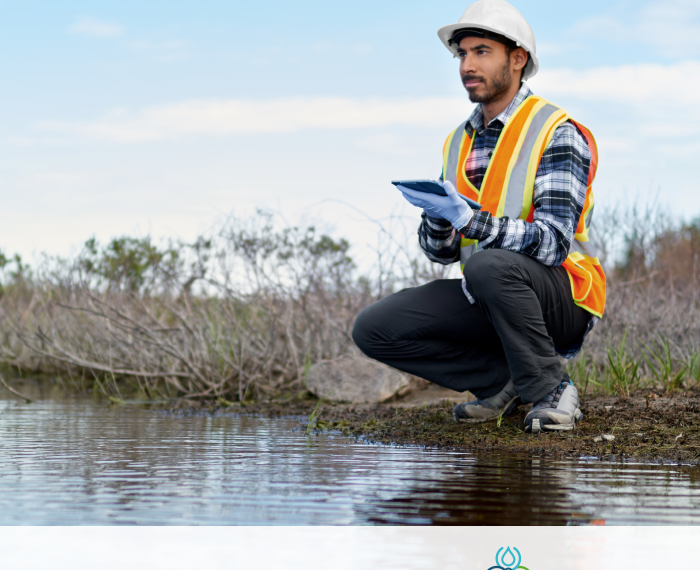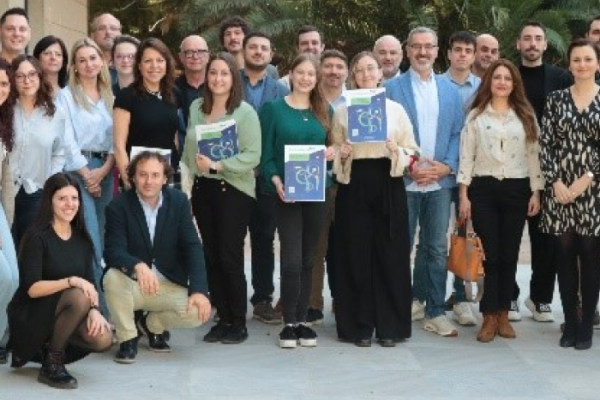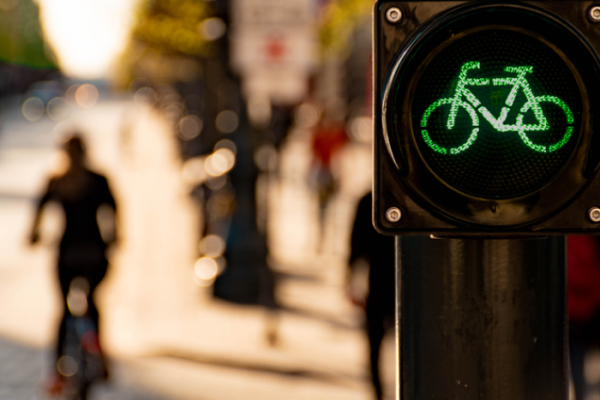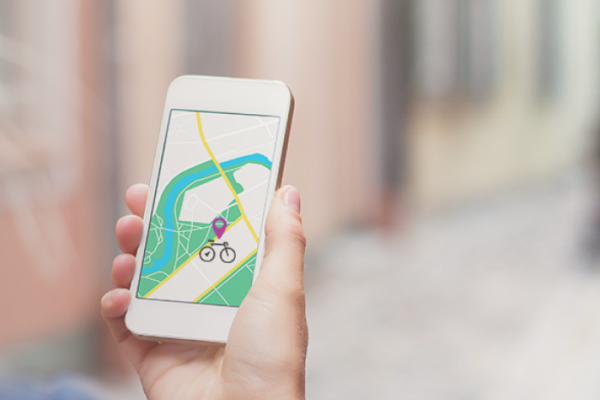AquaBioSens

Innovative project will revolutionise aquatic environmental monitoring
Our planet’s water is essential for the production of oxygen, food, and drinking water. Yet, anthropogenic pollution such as sewage, agricultural or industrial waste directly impact freshwaters and coastal marine waters, leading to long-lasting ecological and economic consequences. To address this, AquaBioSens will develop innovative handheld devices that enable near real-time detection of potential hazards and pollution, ensuring prompt action to protect environmental and public health.
Water covers approximately three-quarters of our planet’s surface and is critical for the production of oxygen, food, and drinking water. However, freshwater and coastal marine waters suffer from human-made pollution that can originate from industry, wastewater, agriculture, or mining. This can not only have detrimental long-term impacts on the environment but can also pose risks to the health of individuals who consume, bathe in, or use this water for recreational activities.
For this reason, AquaBioSens was funded by the European Commission as part of the Horizon Europe framework programme, for the call “Biosensors and user-friendly diagnostic tools for environmental services (HORIZON-CL6-2023-ZEROPOLLUTION-01-6)”. AquaBioSens aims to develop new handheld devices to measure aquatic contaminants of emerging concern, heavy metals, and microbial biohazards. The new generation of devices is set to revolutionize water quality monitoring by offering greater affordability as well as on-site monitoring capabilities. Unlike current alternatives, these handheld devices will provide near real-time measurement results without the need for transporting samples to laboratories. Therefore, immediate detection of pollution, even in cases of sudden short-term changes in water quality, becomes possible, allowing swift actions to protect the environment and public health. Furthermore, these user-friendly devices will enable widespread participation in water quality monitoring, empowering concerned citizens and recreational athletes to easily identify contaminated water themselves. Hence, AquaBioSens will make water monitoring more efficient and widely accessible. Additionally, the project will support the EU Mission to “Restore our ocean and waters by 2030,” the Destination “Clean Environment and Zero Pollution,” as well as the Water Framework Directive, and the Marine Strategy Framework Directive.
AquaBioSens objectives
Over a period of 36 months, the AquaBioSens project aims to achieve the following objectives:
- DEVELOP a hand-held device for fast and sensitive on-site detection of organic contaminants using antibody assays and surface acoustic wave sensing.
- DEVELOP a hand-held fluorescence analyzer with an optical or imaging method and an RNA extraction device for fast and sensitive measurement of eRNA for toxin and biotic pollution.
- DEVELOP a device for in vitro biosensing of metal pollutants using fish gill epithelia and measuring cell stress (trans-epithelial resistance).
- DEVELOP a device for in vitro biosensing of heavy metals using diatoms with fluorescent proteins fused to metal-responsive gene elements.
- PERFORM a comprehensive evaluation of the new devices against standard methods, ensuring quality, accuracy, and sensitivity.
- CREATE a real-time digital FAIR data feed delivering data into repositories and a dashboard, ensuring data interoperability and transparency.
- CONDUCT field testing and demonstration to stakeholders and end-users, evaluating the new technologies for water quality monitoring and surveillance.
- COMPILE user documentation and demonstrate methods and devices to stakeholders/end-users, implementing end-user-led design for project uptake and exploitation.
Outcomes of the AquaBioSens project
AquaBioSens focuses on developing handheld biosensor-based tools that can be used on-site. By enabling on-site analysis, AquaBioSens significantly improves early detection and intervention for water pollution.
The project will develop three types of devices based on molecular, immunological, and whole-cell biosensing. These devices will have the capability to detect emerging contaminants such as endocrine disruptors, pharmaceuticals, heavy metals, and harmful microorganisms.
The devices will be designed for ease of use, allowing non-specialists to utilise them and participate in water monitoring. Furthermore, real-time digital data processing and reporting on a live dashboard will enhance public engagement through citizen science events.
AquaBioSens will thus bring about a paradigm shift in water monitoring, contributing to pollution management, protection of drinking water, and increased environmental sustainability through bio-based monitoring. The successful demonstration of these devices will lay the foundation for future commercialization efforts.
Consortium members
AquaBioSens will be realized by a consortium of eight partners from six countries including Greece, Ireland, Denmark, Italy, Austria, and the United Kingdom. The consortium comprises high-level skills, knowledge and experience in bioanalytical sciences (molecular biology, analytical chemistry, biophysics, cell biology, genetic engineering), environmental biosciences (oceanography, aquatic microbiology, ecology, ecotoxicology), engineering (microfluidics, microsystems engineering, electrical engineering, optics), computer sciences (digital data processing, data best practice, and software development) and communication, dissemination and exploitation. The project is coordinated by the Foundation of Research and Technology Hellas (Greece) and the partners, apart from INTERSPREAD GmbH (Austria), include Dublin City University (Ireland), Syddansk University (Denmark), BIOPIX DNA TECHNOLOGY S.A. (Greece), ETT S.p.A. (Italy), University of Southampton (United Kingdom) and the National Oceanography Centre (United Kingdom).
INTERSPREAD contributes to the AquaBioSens project by leading the dissemination, exploitation and communication (DEC) activities focused on generating a deep impact of the results generated in the course of the project as well as attracting the interest of the main stakeholders, raising awareness, and engaging them to participate in project activities.
Links
AquaBioSens project website: https://www.aquabiosens.eu/
AquaBioSens X account: https://x.com/aquabiosens
AquaBioSens LinkedIn page: https://www.linkedin.com/company/aquabiosens/
AquaBioSens YouTube channel: https://www.youtube.com/@AquaBioSensProject
Keywords
water quality, pollution detection, freshwater, coastal marine waters, anthropogenic inputs, sewage, agricultural waste, runoff, industrial waste, mining waste, ecological impacts, economic impacts, environmental health, public health, handheld devices, real-time detection, hazards, water pollution, innovation




